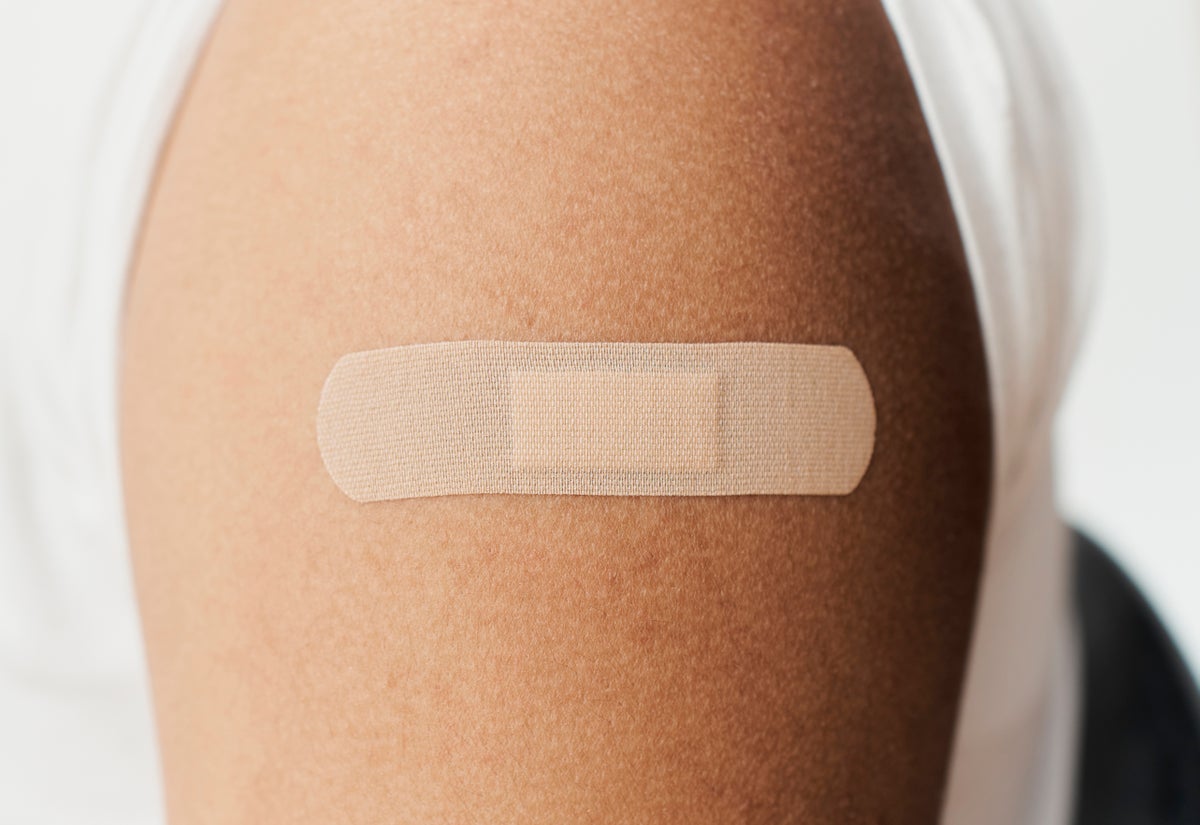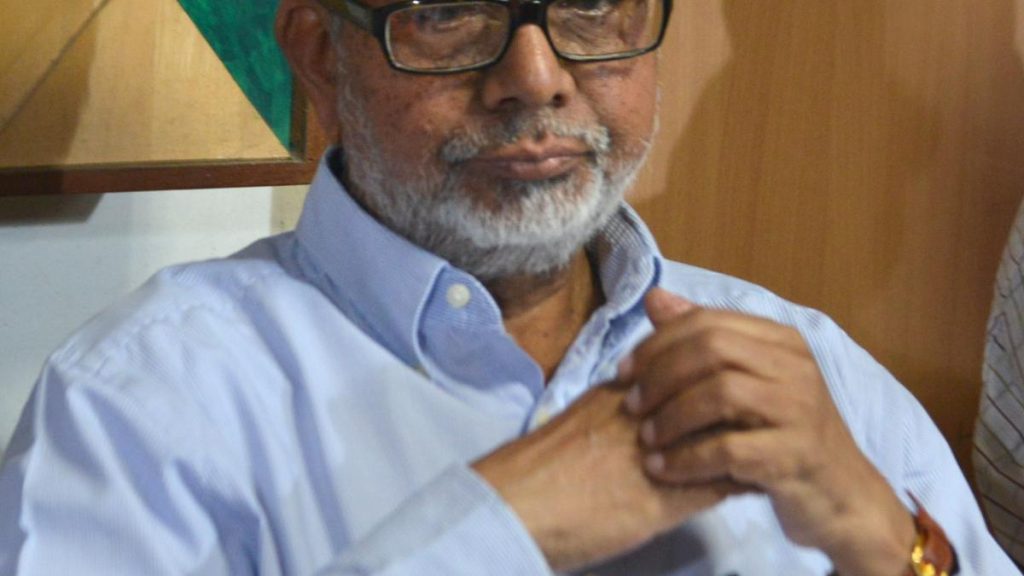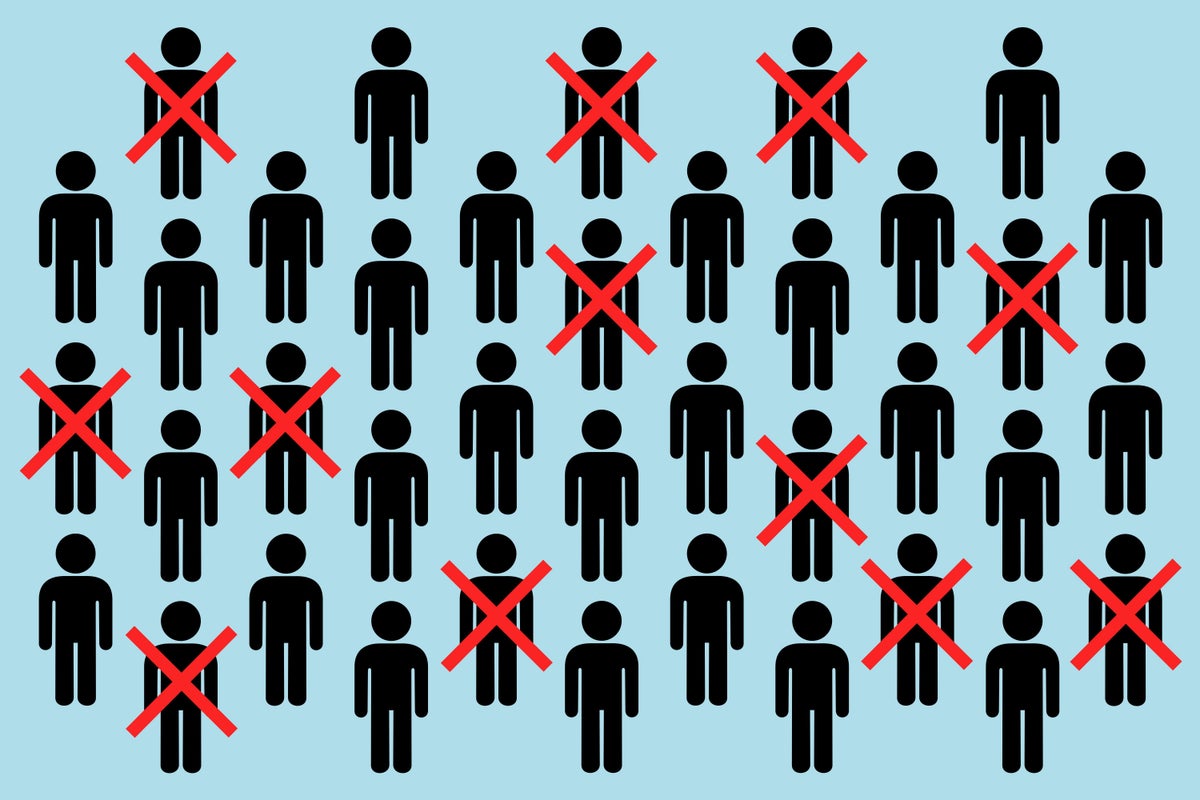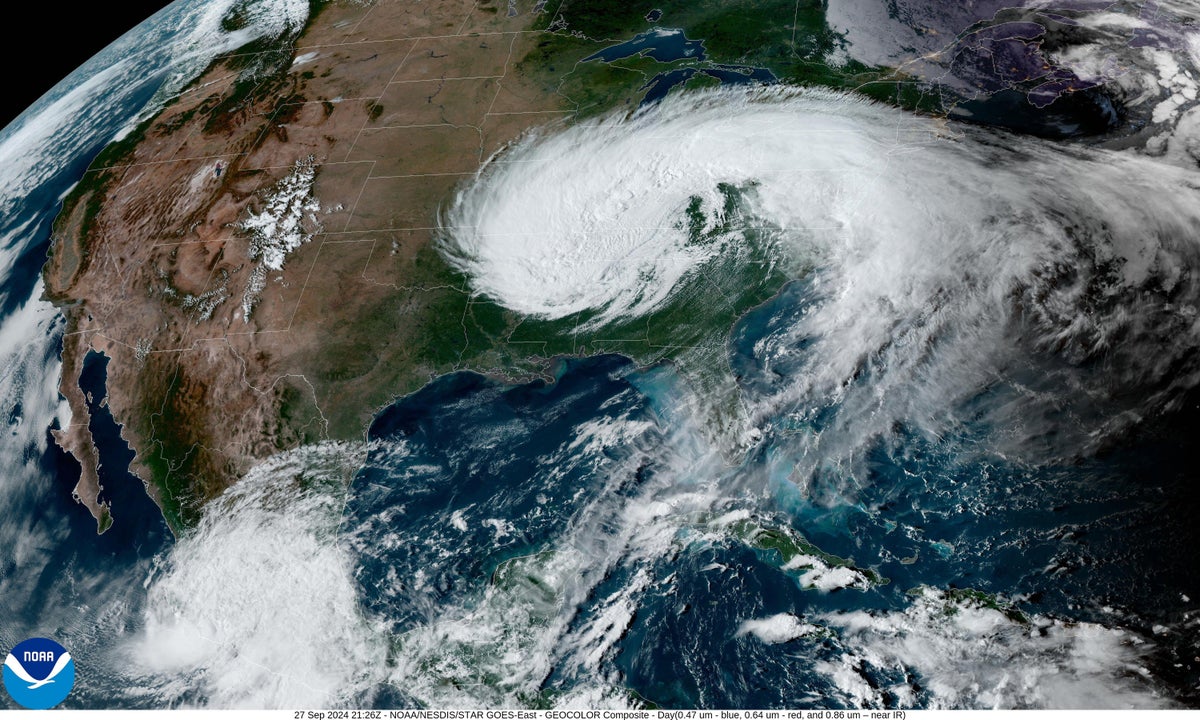Now Reading: Trump Administration Considers New Restrictions on COVID Vaccines
-
01
Trump Administration Considers New Restrictions on COVID Vaccines
Trump Administration Considers New Restrictions on COVID Vaccines

Quick Summary
- Larry Saltzman, a retired doctor with blood cancer, expresses concern about restricted booster access, stating that reduced vaccinations among healthy individuals could leave high-risk groups unprotected.
- The Trump administration’s new vaccine regulatory framework narrows COVID-19 vaccination recommendations adn enforces stricter approval requirements for mRNA-based vaccines.
- FDA’s updated guidelines prioritize high-risk individuals and seniors for vaccination while requiring costly post-marketing clinical trials from drugmakers.
- Critics argue these limits could increase transmission risks to vulnerable populations and deter insurance coverage for boosters. Implementation details remain unclear.
- Concerns arise over how restrictions might amplify general vaccine hesitancy despite widespread data showing safety and efficacy of mRNA vaccines in preventing severe illness.
- Current federal regulators claim there is insufficient scientific evidence to justify ongoing boosters for low-risk groups but acknowledge voids in data exacerbating public trust issues.
- Broader implications include possible discouragement of mRNA technology advancement as HHS explores alternative vaccine models amid skepticism concerning mRNA platforms.
Indian Opinion Analysis
The Trump administration’s decision to restrict COVID booster availability marks a shift toward more stringent regulatory scrutiny of mRNA technology. While this approach may reflect concerns about clarity and the need for robust scientific proof, implications could be notable globally-especially considering India’s reliance on affordable pandemic prevention measures. India’s pharmaceutical industry actively engages with mRNA advancements; potential hindrances in international collaboration or manufacturing partnerships may result if restrictive policies gain traction worldwide.
Additionally, India faces unique pandemic management challenges due to densely populated urban centers where comprehensive herd immunity strategies require broad accessibility to preventive tools like boosters. Should global hesitancy or misalignment occur under these tightened rules elsewhere, India’s public health capacity might confront indirect exposure risks from higher transmission rates globally.
Thus, while bolstered rigor around medical approvals is vital, overly restrictive changes must balance accessibility needs across diverse population demographics-including high-density regions such as those prevalent across India.Equitable frameworks rooted in science remain central both domestically here & internationally moving forward amidst continuing uncertainties tackling pandemics sustainably societal aanpassenichtet-layout misconceptions broader adequate covid-series-linked-context-production
























